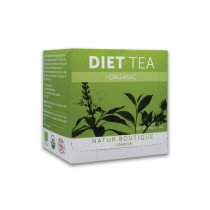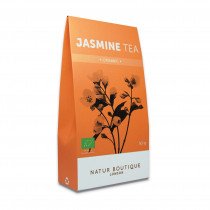
What is the difference between ENVIRONMENTALLY FRIENDLY, NATURAL, FARM, BIO and ORGANIC? Let's see.
Natural - produced without the use of synthetic flavors (including identical to natural, for example - vanillin), as well as without dyes, preservatives and other chemical additives. In this case, we must understand that the raw material for this product is likely to be ordinary, grown with pesticides and fertilizers.
Farming - any product produced on a farm can be called a farm product. And this does not guarantee that farmers gave up agrochemistry during cultivation.
Environmentally friendly - a vague concept and in each case its own story. Ideally, the term environmentally friendly refers to the production process.♻️. "Eco" is either a marketing move or ISO 14000 certification, which concerns the environmental friendliness of the production process and its impact on the environment, but not the product itself.
Organic (also called eco or eko in the Scandinavian countries, bio in France and Italy, organic in the US and UK) - a certified product made without the use of synthetic pesticides, fertilizers, GMOs, artificial colors, flavors and preservatives.
Instead of chemistry, natural methods are used on organic farms (manure, compost, biological products, green manures, herbal infusions, etc.).
Animals on organic farms graze freely and feed on organic feed without GM components, growth hormones and antibiotics.
The organic product has a confirmatory certificate issued by an accredited inspection body and a special label on the package. See below for an example of the label, certificate and Euroleaf on the packaging.
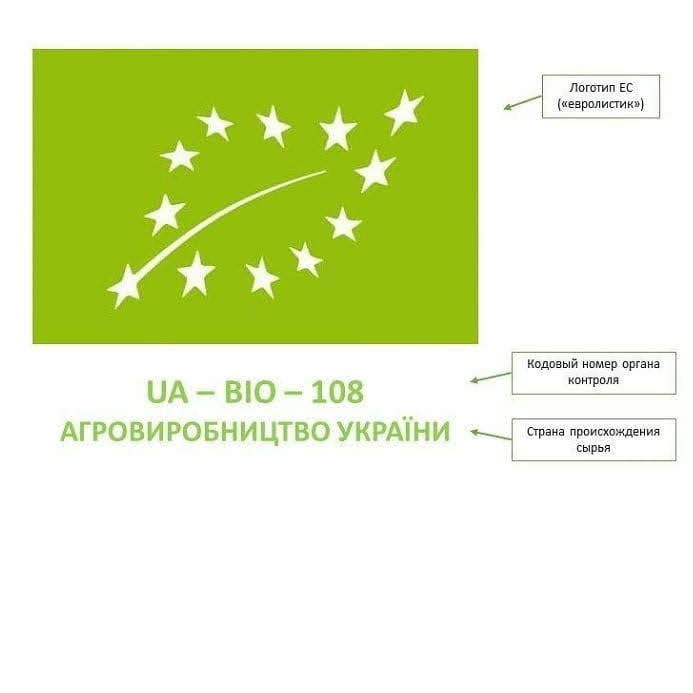 |
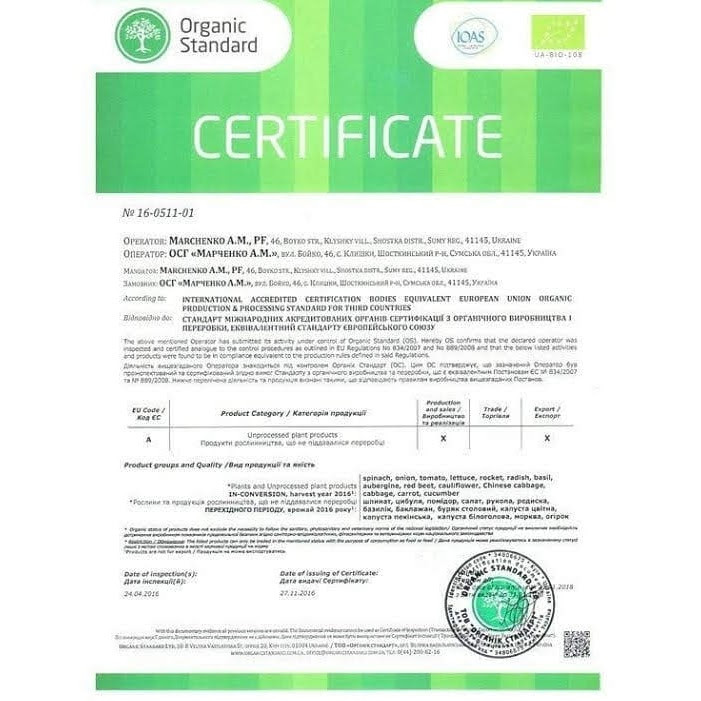 |
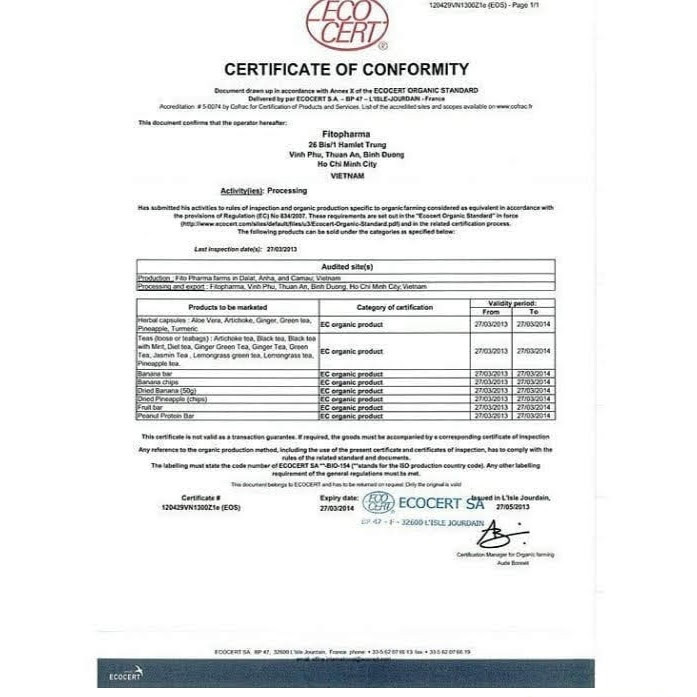 |
Certificates for organic products presented in the Natur Boutique store, you can see on our website www.natur-boutique. They are open accessin "the Organic Certificates".
On August 2, 2019, the Law on Organic Production came into force in Ukraine (full version here LAW OF UKRAINE On Basic Principles and Requirements for Organic Production, Circulation and Labeling of Organic Products).
The Law approves the state mark "Organic Product".
You will see Euroleaf as an additional sign, as well as on imported organic goods.
Under the new law, producers of pseudo-organic products will pay a fine. The words "organic", "eco", "bio" in the name of the food product and the trademark are prohibited if the product is inorganic.
Conclusion: Eco-product, farm, natural do not guarantee that the product is grown without pesticides, fertilizers and GMOs. We do not know exactly how this product is made.
At the same time, in a certified organic product, we can be sure that each stage is controlled and meets organic standards.







